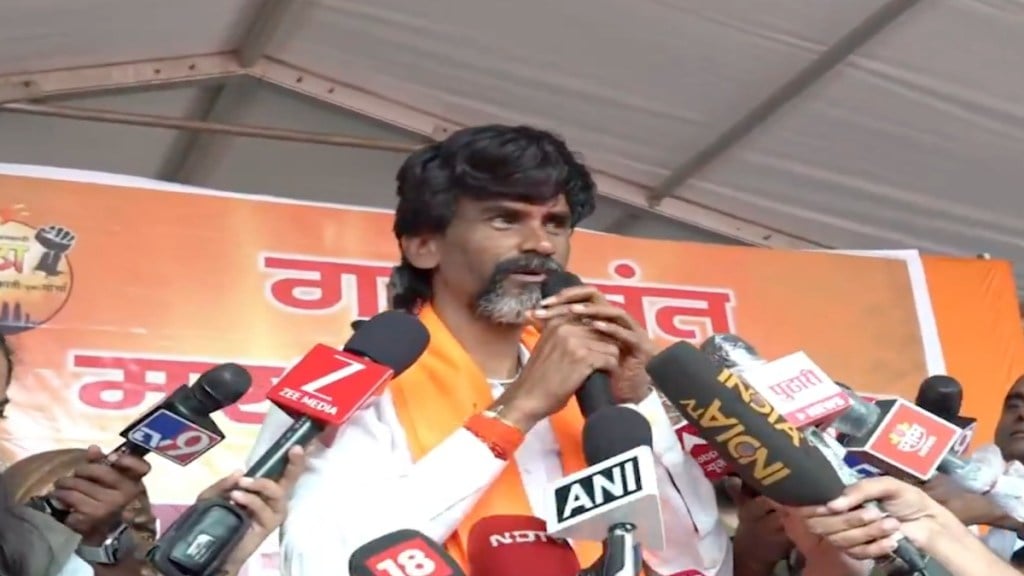Mumbai is on high alert as Maratha quota activist Manoj Jarange Patil prepares to launch an indefinite fast at Azad Maidan from Friday, 29 August. The 43-year-old activist, who began his journey from Antarwali Sarati village in Jalna district on 26 August, reached Mumbai after halting at Shivneri Fort, the birthplace of Chhatrapati Shivaji Maharaj.
Why is Jarange protesting?
Jarange has called the protest to demand that all Marathas be recognised as Kunbis, an agrarian caste classified under the Other Backward Classes (OBC) category. This recognition would make Marathas eligible for reservation in government jobs and educational institutions. Jarange rose to prominence during a hunger strike at Antarwali Sarathi in September 2023, when he demanded blanket OBC reservation for Marathas through the issuance of Kunbi certificates. The agitation eventually led to the distribution of over eight lakh certificates to Marathas and their families, enabling them to claim OBC benefits.
The activist maintains that creating a separate quota for Marathas would not withstand judicial scrutiny. Instead, he argues that identifying Marathas as Kunbis is the more practical and legally sustainable route to securing reservations.
Jarange’s agitation has attracted widespread attention in Maharashtra, with the potential to shape the state’s political discourse ahead of upcoming elections. Chief Minister Devendra Fadnavis, while visiting Ganeshotsav celebrations, stated that the state government was “positive about solving the issues of the Marathas if they are social and financial in nature and not related to political reservation”.
Large turnout expected, heavy security arrangement
Authorities expect more than 20,000 protesters to assemble at Azad Maidan. However, with the ground capable of accommodating only around 5,000 people at a time, the Mumbai Police have denied permission to three other organisations seeking to hold demonstrations at the venue on Friday.
To maintain law and order, over 1,500 police personnel have been deployed, supported by units of the Central Reserve Police Force (CRPF), Rapid Action Force (RAF), Central Industrial Security Force (CISF), and the Maharashtra Security Force (MSF). Security has also been intensified at Chhatrapati Shivaji Maharaj Terminus (CSMT), where many protesters are expected to arrive by train. Additional Railway Protection Force personnel and 60 MSF members have been stationed at the terminus.
Senior police officials, including Joint Commissioner of Police (Law and Order) Satya Narayan, inspected arrangements on Thursday evening.
Traffic restrictions across Mumbai
The protest march, dubbed the ‘Mumbai Morcha’, has prompted significant traffic restrictions across the city.
The Mumbai Traffic Police announced that several arterial roads will remain closed to regular vehicular traffic from 6 am on Friday, except for emergency services. These include the Eastern Freeway, Sion–Panvel Highway, Panvel–Sion Road, VN Purav Road, P D’Mello Road, Walchand Hirachand Marg, Dr Dadabhai Naoroji Road, and Hajarimal Somani Road.
Vehicles from Vashi, Trombay, and Chembur have been directed towards alternative routes via Mankhurd Junction, Chhedanagar Road, Amar Mahal, Nehrunagar Bridge, and Dr Babasaheb Ambedkar Road. Navi Mumbai Police have also imposed restrictions to ease congestion on the Mumbai–Pune Expressway and the Sion–Panvel Highway caused by Jarange’s convoy.

